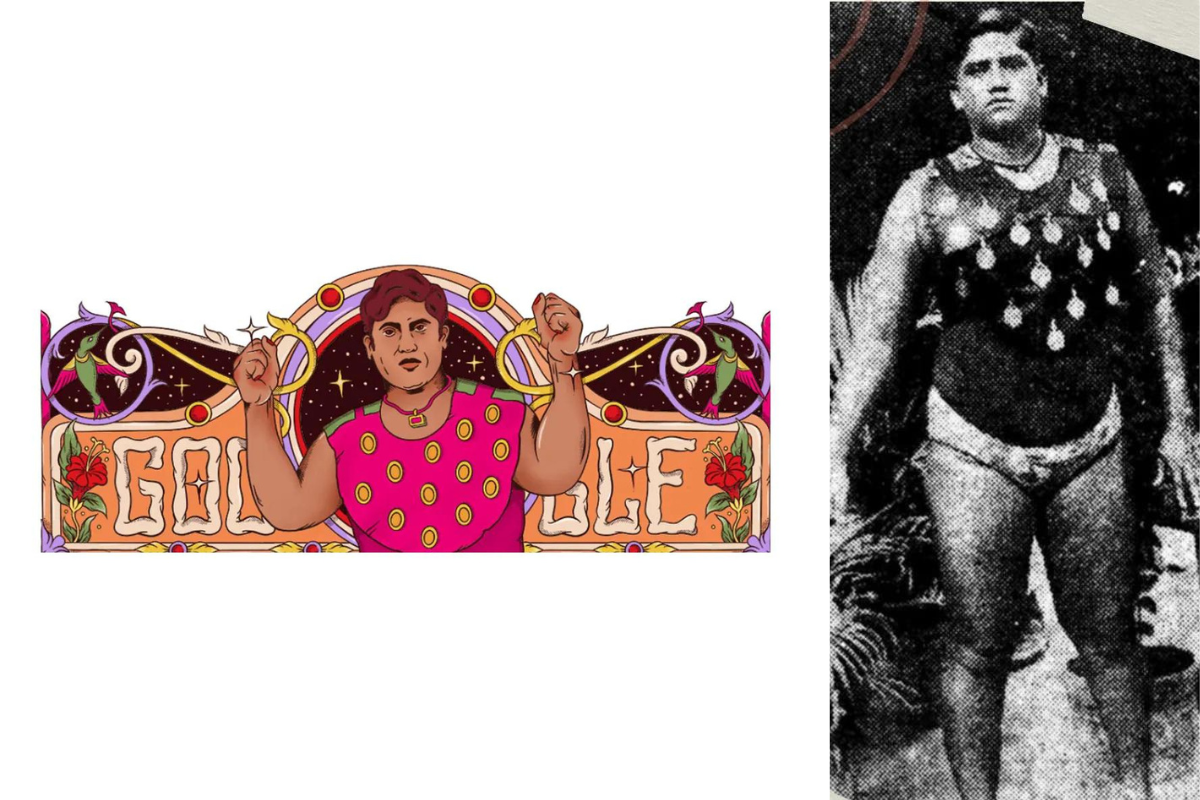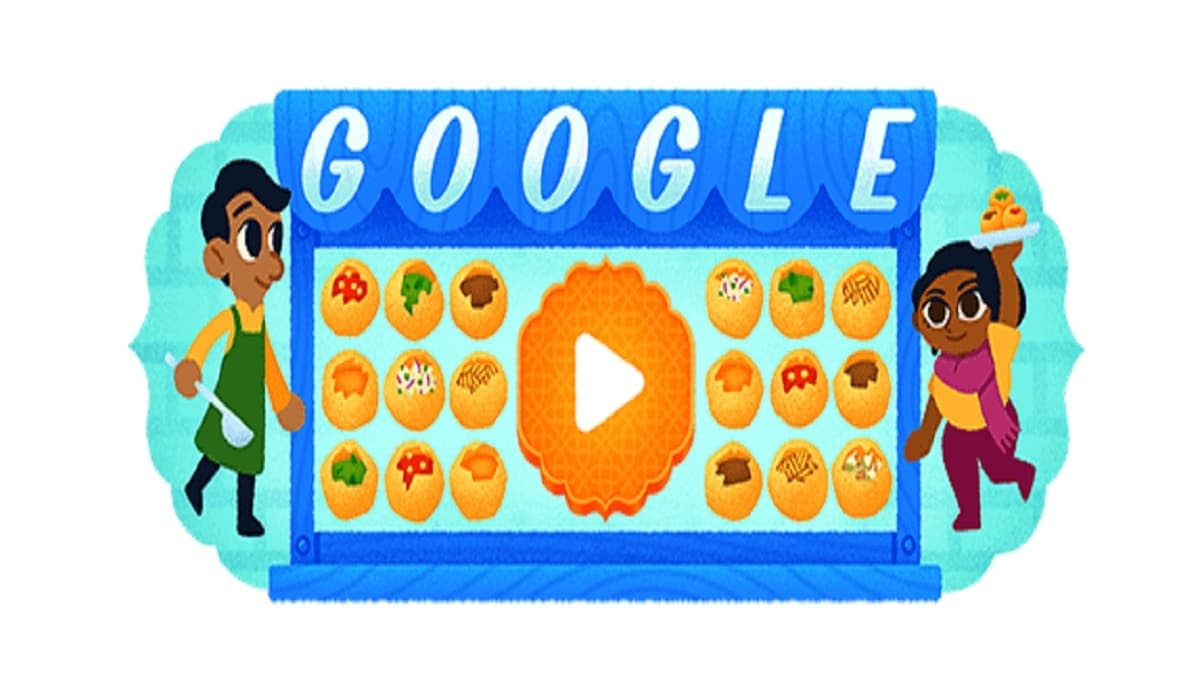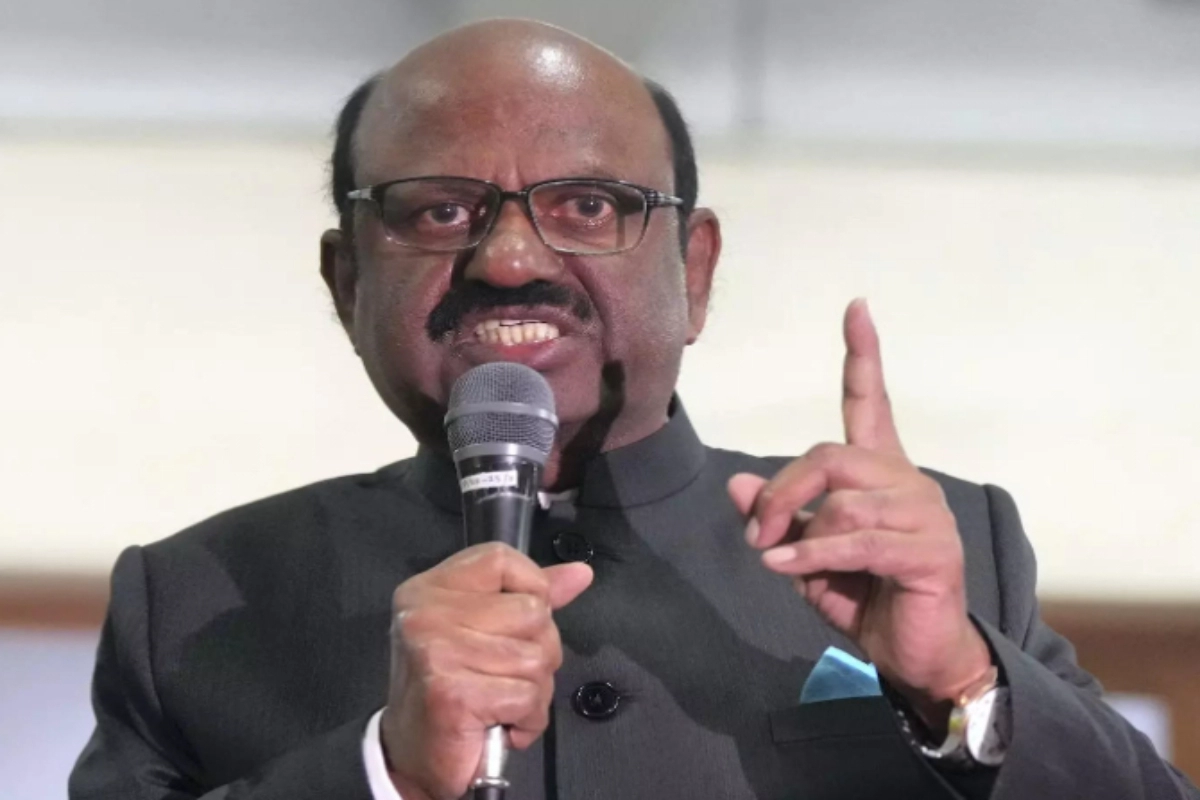Google Doodle commemorated Pohela Boishak, the first day of the Bengali calendar. “Whether at home or abroad, Bengalis worldwide warmly greet each other with, Shubho Noboborsho, the customary way to wish each other a prosperous and happy New Year…,” Google wrote on its site.
“Today’s #GoogleDoodle celebrates Pohela Boishakh, the First Day of the Bengali calendar. Shubho Noboborsho (Happy New Year).”
The artwork shows a tiger-shaped mask being painted in bright colours as another mask lies beside it.
Check out the art work:
Pohela Boishakh celebrations commences after dawn underneath an ancient Banyan tree at Dhaka’s Ramna Park. Mongol Shobhajatra is a radiant carnival procession that begins at the Institute of Fine Arts at Dhaka University.
History:
The festival is one of celebration, but Pohela Boishakh has pragmatic beginnings.
It began with Emperor Akbar, who developed the Bengali calendar over 400-years-ago as he extended Mughal control over much of what is now modern day Bangladesh. Originally the new calendar was intended as a way to instigate uniform tax collection across the land.
To this day, Bengali accountants close their books on the old year and usher in the new one.
The festive spirit blends young and old, as they wear colourful masks and parade with massive cutouts of animals as a way to symbolize Bengali cultural diversity, heritage, and identity of the people.
The Bengali year 1428 begins on Pohela Boishakh 2021. The day is all about new clothes and great food. This year, amid the pandemic, celebrations are low-key but the festive spirit of Nabo Barsho is alive in households and on Twitter with people meeting and greeting each other online across continents.
Bengali individuals of India have historically observed Poyla Boishakh, and it is an official regional holiday in its states of West Bengal and Tripura. The day is likewise called Nabo Barsho.












